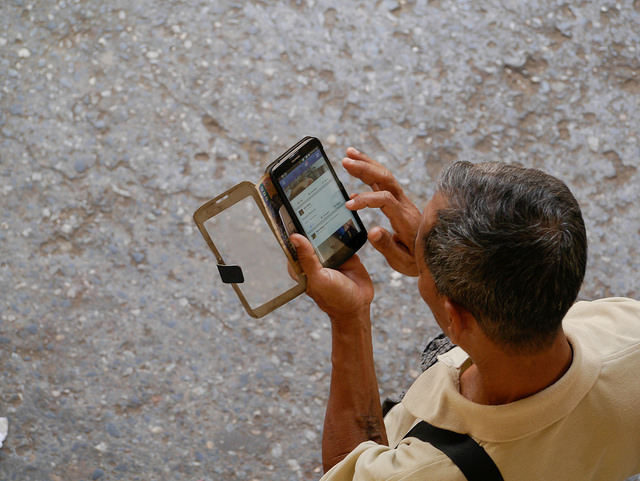
As millions of people come online across the globe through mobile devices, mobile information literacy is vital for those who have leapfrogged from traditional media to digital devices that provide instant access to information. Mobile information literacy is necessary to help people learn how to find and evaluate the quality and credibility of information obtained online, understand how to create and share online information effectively, and participate safely and securely. Mobile information literacy is critical to help people better consume, generate, and disseminate trustworthy information through both digital and traditional media. Most information and digital literacy curricula were designed for a PC age, and public and private organizations around the world have used these curricula to help newcomers use computers and the internet effectively and safely. The better curricula address not only skills, but also concepts and attitudes. The central question for this project is: what are the relevant skills, concepts, and attitudes for people using mobiles, not PCs, to access the internet?
The project began as part of the Information Strategies for Societies in Transition project, supported by United States Agency for International Development (USAID), Microsoft, the Bill & Melinda Gates Foundation, and the Tableau Foundation. The program is housed in the University of Washington’s Henry M. Jackson School of International Studies and is run in collaboration with the Technology & Social Change Group (TASCHA) in the University of Washington’s Information School, and two partner organizations in Myanmar: the Myanmar Book Aid Preservation Foundation (MBAPF) and Enlightened Myanmar Research Foundation (EMReF). TASCHA then adapted the curriculum for Kenyan libraries in a partnership with EIFL and the Kenya National Library Service.
More information about the Mobile Information Literacy curriculum, including links to all modules, can be found on this page Mobile Information Literacy.


